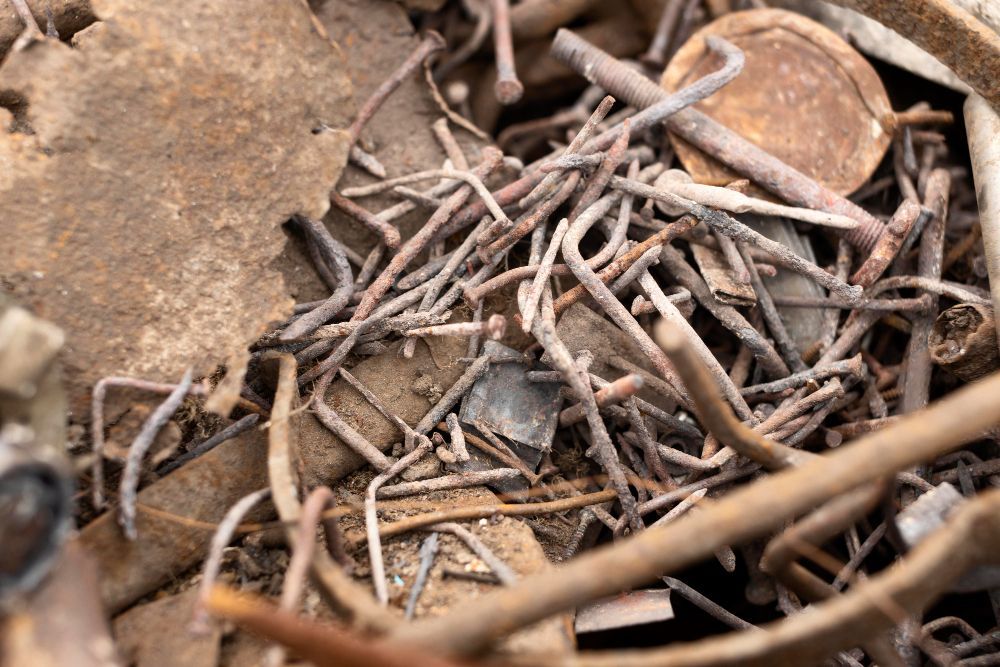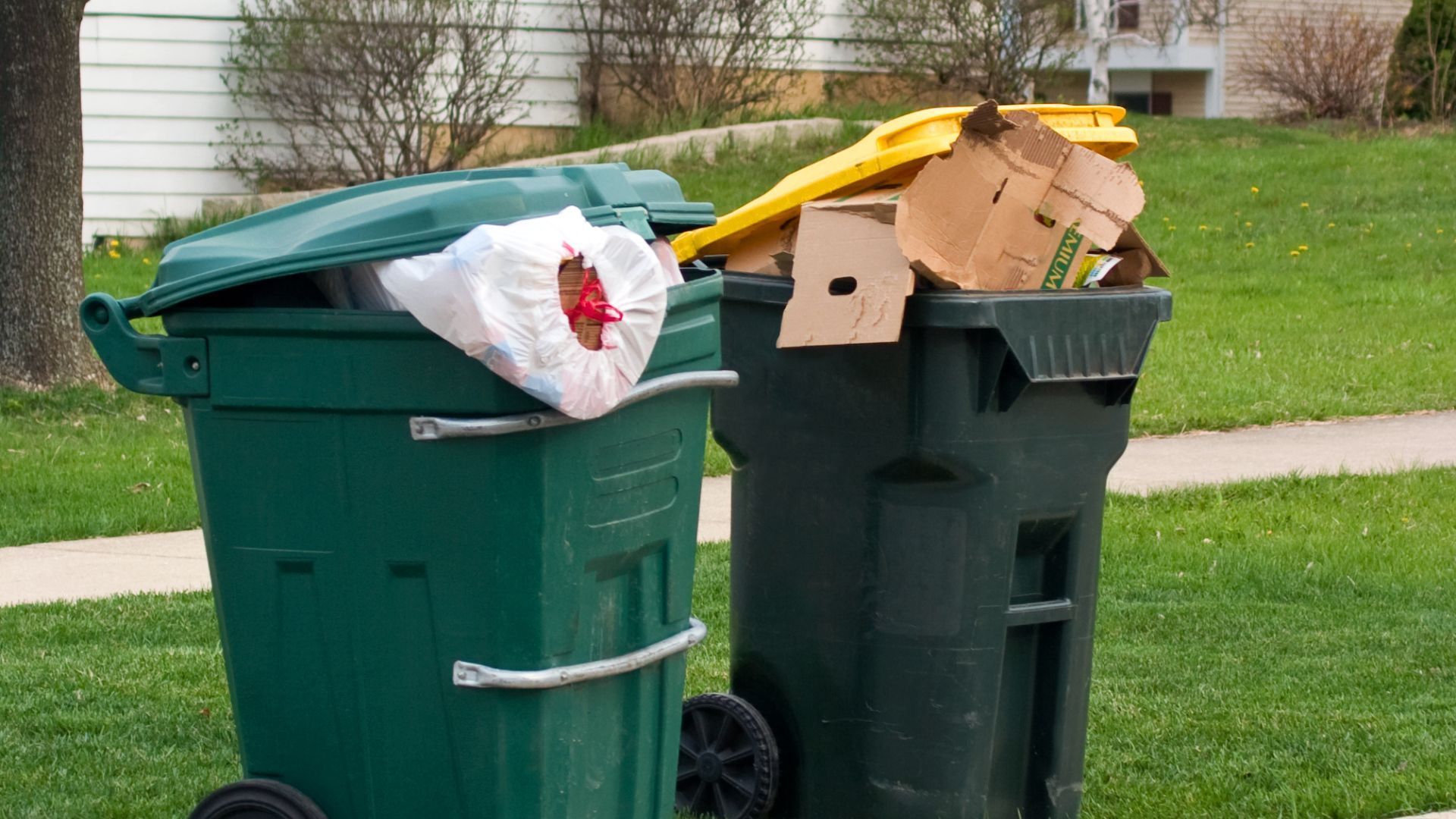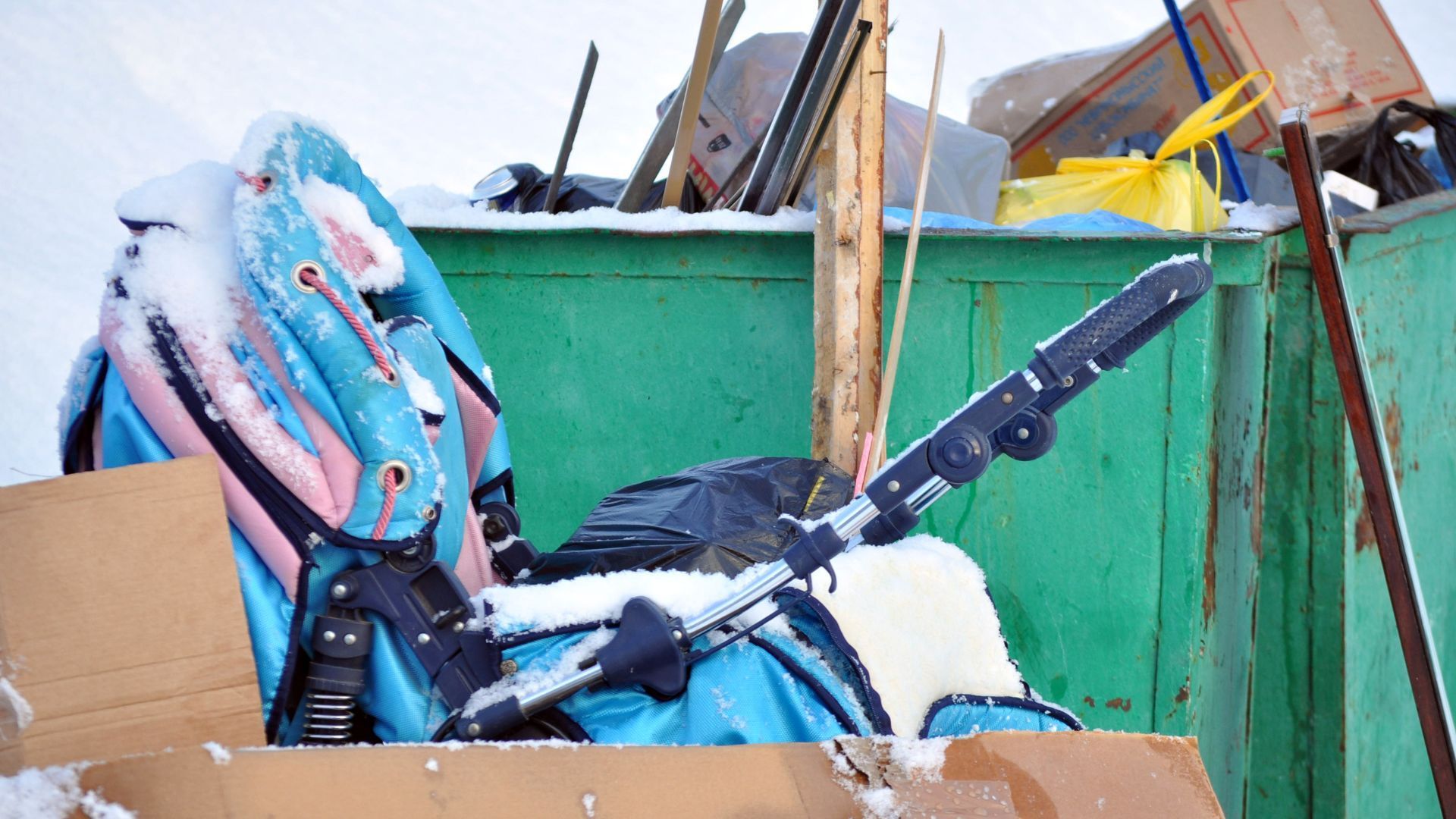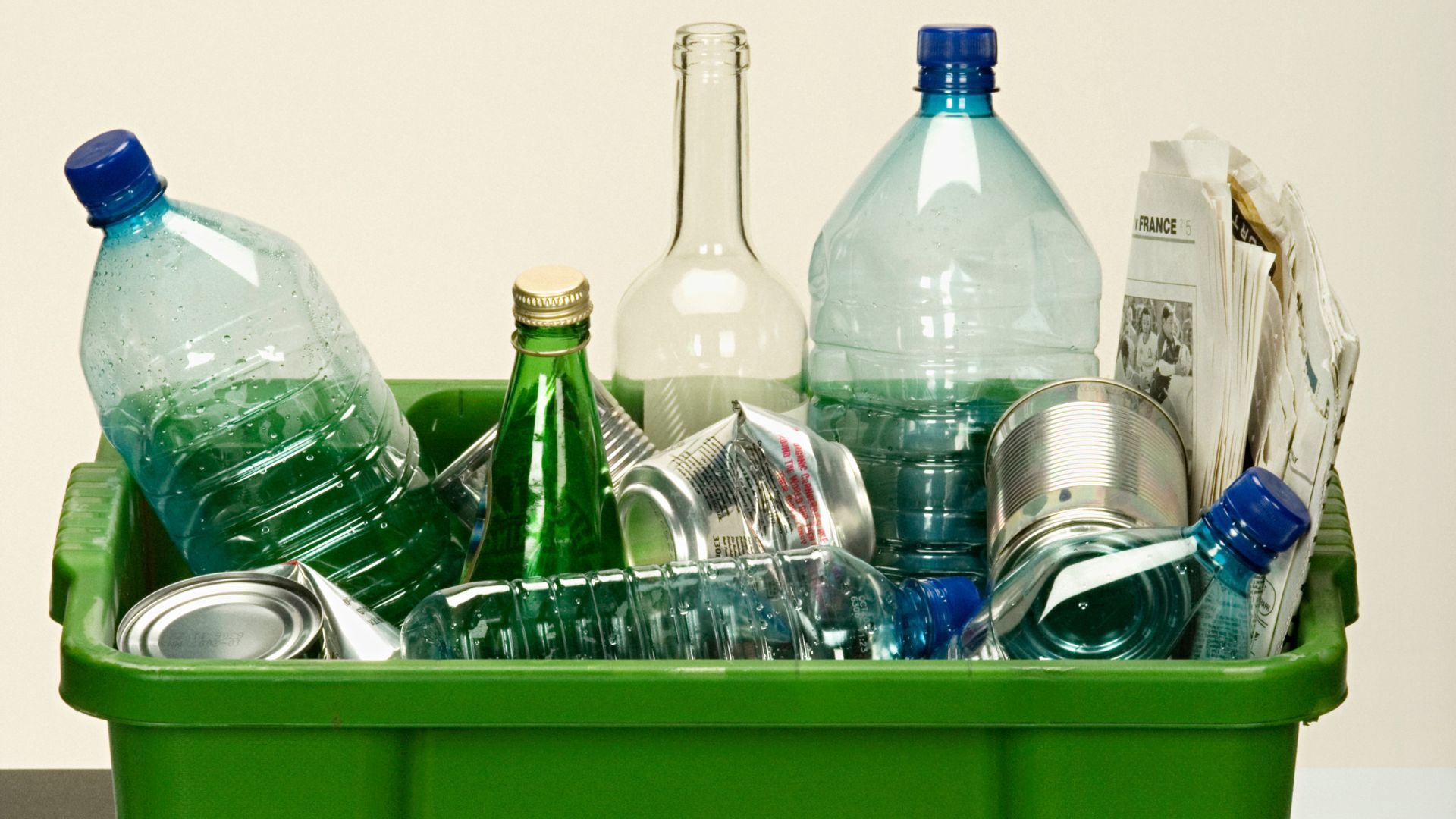How Scrap Metal Removal Augusta Helps the Environment
In an era where environmental sustainability is more critical than ever, scrap metal removal services in Augusta stand as unsung heroes in the fight against pollution and resource depletion. The process of extracting and recycling scrap metal prevents vast amounts of waste from filling landfills and reduces the environmental strain caused by mining raw materials. Metal, unlike many other materials, can be recycled repeatedly without losing its integrity, making it a prime candidate for sustainable waste management. By collecting scrap metal, these services ensure that metals such as steel, aluminum, copper, and brass are reintroduced into manufacturing cycles rather than being discarded, reducing the need for environmentally damaging extraction processes.
Moreover, recycling scrap metal curtails the carbon footprint typically associated with metal production. Mining ores and refining raw metal require significant energy consumption and emit greenhouse gases. When scrap metal is removed and recycled locally, the energy-intensive steps are minimized, and less pollution is generated overall. This localized approach to metal recovery also mitigates transportation emissions since scrap doesn’t have to travel as far to processing plants.
Reducing Landfill Waste Through Scrap Metal Removal
Landfills are a persistent environmental challenge, often representing more than just a dumping ground for garbage—they are sources of pollution, habitat loss, and groundwater contamination. Scrap metal removal in Augusta directly addresses these issues by diverting tons of metal waste from landfills each year. Metals in landfills can corrode over time, potentially leaching harmful substances into the soil and groundwater. By removing scrap metal promptly, these services help mitigate such risks, maintaining cleaner soil and water quality for surrounding ecosystems.
Furthermore, the reduction of landfill volume due to efficient scrap metal removal lessens the need to expand existing landfill sites or develop new ones, both of which often require clearing natural areas. With growing urbanization putting pressure on available land, keeping metal out of landfills is a proactive environmental choice. Scrap metal removal not only frees up space for non-recyclable waste but also extends the lifespan of landfills, making waste management systems more sustainable overall. This environmentally responsible practice is integral in the broader effort to reduce humanity’s ecological footprint.
The Wider Environmental Impact of Reducing Landfill Waste Through Scrap Metal Removal
Beyond the immediate benefits of clearing landfill space, reducing landfill waste through scrap metal removal plays a crucial role in the global effort to shrink humanity’s ecological footprint. Each ton of metal kept out of landfills not only means less physical waste buried underground but also triggers a chain reaction of positive environmental outcomes. By diverting scrap metal from landfills, we reduce the pollution that would otherwise arise from metal corrosion and toxic leaching, thereby protecting soil health and water quality.
The environmental advantages don’t stop there. When scrap metal is recycled instead of discarded, it lessens the demand for virgin materials, which means fewer mining operations, less deforestation, and diminished landscape degradation worldwide. Mining is an energy-intensive activity that often results in habitat destruction and water contamination. By curbing the need for these destructive extraction processes, scrap metal removal indirectly protects wildlife habitats and preserves natural resources. This ripple effect exemplifies how localized waste management practices can contribute significantly to broader conservation goals and sustainable development.
Conserving Natural Resources with Metal Recycling
The extraction of metals from the earth involves depleting finite natural reserves, often accompanied by destructive mining practices that scar landscapes and disrupt ecosystems. By diverting scrap metal from waste streams, removal services in Augusta play a pivotal role in conserving these precious resources. Recycling scrap metal reduces the demand for virgin ore, preserving natural deposits for future generations while curbing the environmental degradation caused by mining operations such as deforestation, soil erosion, and water pollution.
Recycling metals also means that energy consumption is drastically reduced compared to processing raw materials. For example, producing aluminum from recycled scrap consumes up to 95% less energy than extracting it from bauxite ore. This energy saving translates directly into fewer carbon emissions, making scrap metal removal a key player in reducing the carbon footprint associated with metal production. Conserving resources through recycling helps create a more circular economy where materials remain in use longer, encouraging sustainability and lessening humanity’s pressure on the planet’s finite reserves.

Building a Sustainable Future Through a Circular Economy
Ultimately, conserving resources through metal recycling plays a fundamental role in advancing a circular economy—a transformative approach to how society uses and values materials. Unlike the traditional linear model of “take, make, dispose,” a circular economy emphasizes keeping materials in use for as long as possible through repeated reuse, repair, and recycling. This paradigm shift profoundly reduces waste, lowers environmental impact, and fosters more responsible consumption habits. When metals are continuously recycled, their lifecycle extends far beyond a single use, significantly decreasing the need to extract new raw materials and minimizing the volume of discarded waste entering landfills.
This shift toward circularity not only benefits the environment but also drives innovation and efficiency in manufacturing. Businesses and consumers alike become more conscious of resource value, encouraging designs and products that prioritize recyclability and durability. By promoting sustainable consumption patterns, scrap metal removal in Augusta contributes to reshaping market demands in favor of environmentally friendly practices.
Combatting Pollution Through Responsible Metal Disposal
The improper disposal of scrap metal can lead to serious environmental consequences, including soil contamination and air pollution. When metal waste is left untreated or improperly dumped, it can release toxic substances such as heavy metals and chemicals into the environment. In contrast, professional scrap metal removal in Augusta ensures that metals are handled with care and processed through environmentally responsible channels. This prevents hazardous pollutants from entering natural systems and helps protect local communities and wildlife from harmful exposure.
Responsible scrap metal removal also plays a role in reducing air pollution by minimizing the need for open burning or uncontrolled disposal methods that can release toxic fumes. The recycling process itself is carefully regulated to meet environmental standards, ensuring that emissions and waste generated during metal processing are managed efficiently. By prioritizing responsible disposal and recycling, scrap metal removal companies help uphold environmental integrity and promote cleaner air and soil quality, contributing to healthier living conditions for all.
The Broader Impact of Responsible Scrap Metal Disposal on Environmental and Public Health
Ultimately, prioritizing responsible disposal and recycling of scrap metal is more than just an operational choice—it’s a vital step toward fostering a healthier environment on multiple fronts. Proper processing ensures that harmful pollutants, which might otherwise contaminate the air and soil, are effectively contained or eliminated. By keeping toxic substances such as heavy metals and chemical residues out of natural ecosystems, responsible scrap metal management helps maintain the delicate balance of local flora and fauna, safeguarding biodiversity.
This environmental stewardship also translates into tangible improvements in public health. Pollutants released through improper metal disposal have been linked to a variety of respiratory illnesses, neurological problems, and other chronic health conditions. By reducing the presence of these hazardous contaminants in the environment, professional scrap metal removal services play a crucial role in preventing disease and improving overall community well-being. Cleaner surroundings mean fewer health risks, less strain on medical resources, and a higher quality of life for residents throughout Augusta.
Promoting Energy Efficiency Through Metal Recycling
One of the most compelling environmental benefits of scrap metal removal lies in its contribution to energy efficiency. Metal production from raw ore is notoriously energy-intensive, involving complex processes that consume vast amounts of electricity and fossil fuels. Recycling scrap metal circumvents many of these steps, significantly lowering energy demand. For instance, steel production from recycled scrap saves approximately 60% of the energy compared to manufacturing from virgin ore. This energy reduction not only cuts greenhouse gas emissions but also lessens dependence on non-renewable energy sources.
In addition to saving energy, recycling metal supports a more sustainable industrial ecosystem. It enables manufacturers to rely on recycled materials that maintain quality while reducing environmental impact. This shift toward energy-efficient recycling processes supports global efforts to combat climate change by lowering industrial emissions. Scrap metal removal services in Augusta contribute by collecting and channeling scrap to recycling facilities, fostering a closed-loop system where energy savings are maximized and natural resource use minimized.
Supporting Local Economies and Environmental Stewardship
Beyond environmental benefits, scrap metal removal services in Augusta bolster the local economy and encourage community stewardship of natural resources. Recycling creates jobs in collection, processing, and manufacturing, providing economic opportunities that align with sustainable practices. This blend of economic and environmental gains demonstrates how responsible waste management can support both people and the planet simultaneously.
Community participation in scrap metal removal programs also fosters a culture of environmental awareness. When residents and businesses actively engage in recycling efforts, it cultivates a sense of responsibility toward reducing waste and conserving resources. Local scrap removal initiatives thus become more than just a service—they become catalysts for change that inspire individuals and organizations alike to prioritize environmental health. This synergy of economic vitality and ecological care underscores the profound impact scrap metal removal can have beyond just its immediate function.
Conclusion
In Augusta, GA, responsible scrap metal removal stands as a cornerstone for environmental preservation and sustainable resource management. By diverting metal waste from landfills, conserving natural resources, reducing pollution, and promoting energy efficiency, these services create a significant positive impact on the local ecosystem and beyond. If you're seeking reliable scrap metal removal that aligns with
eco-friendly principles, Hinkins Disposal in Augusta offers expert solutions tailored to protect the environment while supporting the community. Reach out to them at (706)885-4032 or via email at Hinkinsdisposal@gmail.com to join the movement toward a cleaner, greener future.




